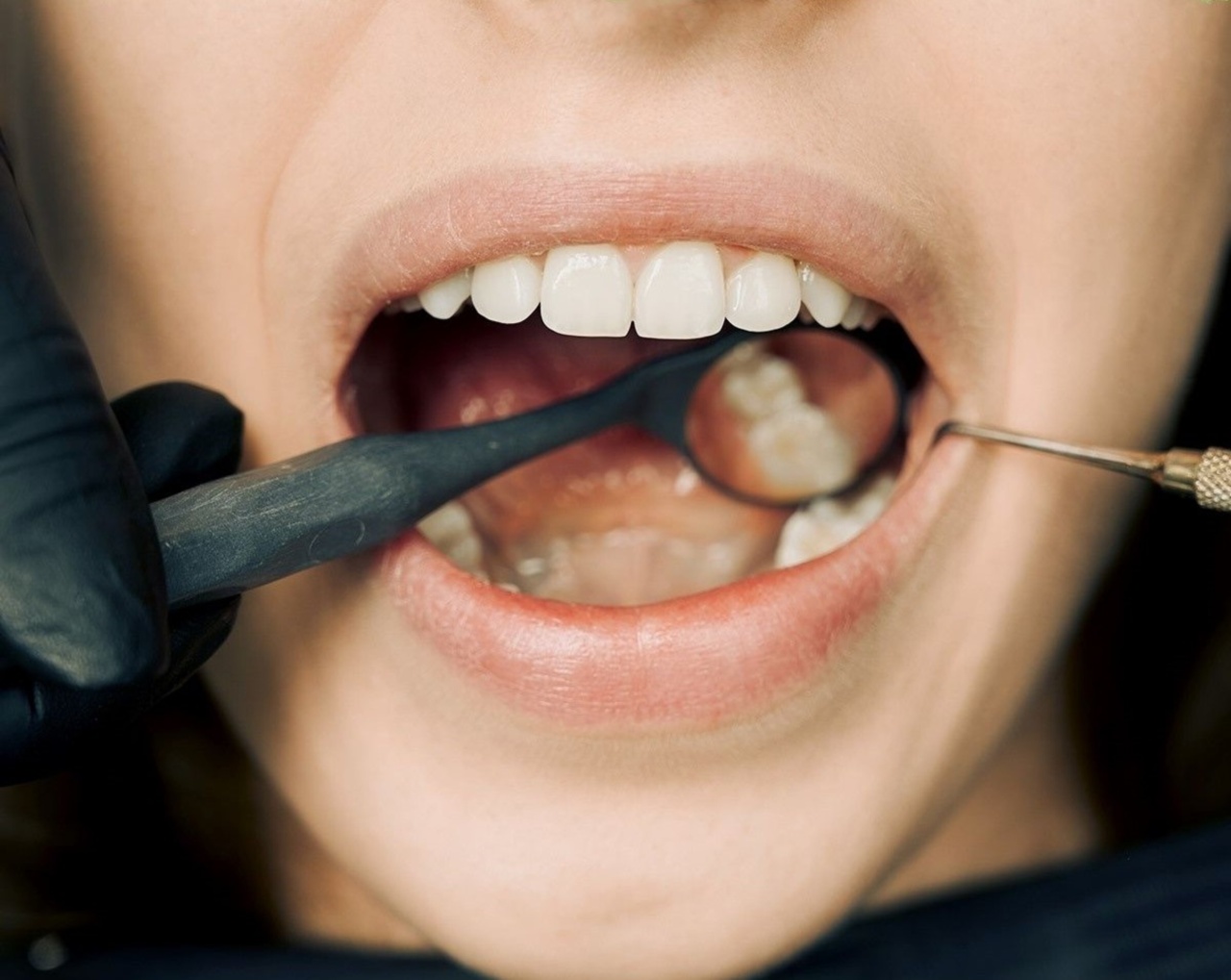Cancer is a disease that affects many people around the world, and the number of cases continues to rise. Among the many types of cancer, oral cancer is one of the most common, with over 300,000 new cases diagnosed every year worldwide.
One of the most alarming symptoms of oral cancer is darkening of the gums, which can be seen in the startling photos that have emerged recently. In this article, we will explore what causes this darkening and what you can do to prevent it.
What causes darkening of the gums in oral cancer?
The darkening of the gums in oral cancer is caused by the accumulation of melanin, a pigment that gives color to our skin, hair, and eyes.
Melanin is produced by cells called melanocytes, which are present in our skin, hair, and mucous membranes, including the gums. In oral cancer, the melanocytes in the gums become overactive and produce excessive amounts of melanin, leading to darkening of the gums.
The darkening of the gums in oral cancer is usually accompanied by other symptoms, such as swelling, pain, and bleeding.
It is important to note that not all darkening of the gums is caused by cancer, and there are many other factors that can contribute to this condition. Some of the most common causes of darkening of the gums include smoking, certain medications, hormonal changes, and poor oral hygiene.
How is oral cancer diagnosed?
Oral cancer can be diagnosed through a variety of tests, including a physical examination, biopsy, and imaging tests such as X-rays, CT scans, and MRI scans.
If you notice any changes in your gums, such as darkening, swelling, pain, or bleeding, you should see your dentist or doctor immediately. Early detection is key to successful treatment of oral cancer, so don’t delay seeking medical attention if you are experiencing any of these symptoms.
How is oral cancer treated?
The treatment of oral cancer depends on the extent and stage of the disease. In early stages, surgery may be the best option, as the cancer is contained and hasn’t spread to other parts of the body.
In more advanced stages, radiation therapy, chemotherapy, or a combination of these treatments may be necessary. Your medical team will work with you to determine the best course of treatment based on your individual needs and preferences.
How can I prevent oral cancer?
While there is no surefire way to prevent oral cancer, there are several things you can do to reduce your risk.
The most important thing is to maintain good oral hygiene, including brushing and flossing regularly and visiting your dentist for checkups and cleanings. You should also avoid risk factors such as smoking, excessive alcohol consumption, and exposure to the sun without protection. Eating a healthy, balanced diet that includes plenty of fruits and vegetables can also help reduce your risk of oral cancer.
Conclusion
Oral cancer is a serious disease that can have devastating consequences if not detected and treated early. If you notice any changes in your gums, such as darkening, swelling, pain, or bleeding, don’t delay seeking medical attention.
Remember, early detection is key to successful treatment of oral cancer. By maintaining good oral hygiene, avoiding risk factors, and seeking medical attention promptly, you can reduce your risk of developing this disease and enjoy a healthy, happy life.

























